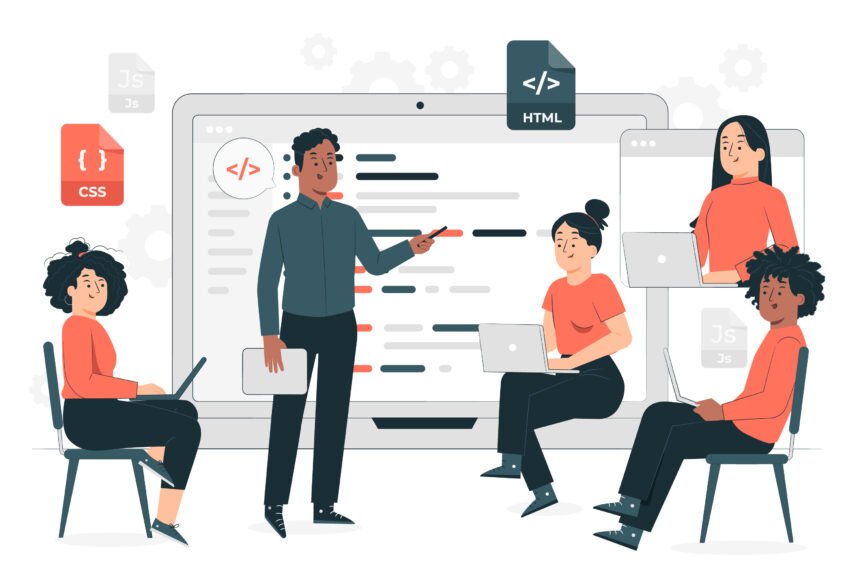The U.S. tech industry is booming, with demand for skilled professionals growing faster than the traditional education system can supply them. As companies race to find developers, data scientists, and cybersecurity experts, a new model of education has emerged—tech bootcamps. These intensive, short-term training programs are helping students of all backgrounds gain job-ready skills and enter the tech workforce quickly and affordably.
For students looking for an alternative to a four-year degree, tech bootcamps offer a fast-track to a high-paying career. This guide explores how tech bootcamps for students in the U.S. are creating real opportunities and reshaping the future of education and employment.

Common job titles for bootcamp grads include:
What Are Tech Bootcamps?
Definition and Evolution
Tech bootcamps are immersive, accelerated training programs that teach practical, in-demand skills in areas like web development, software engineering, data science, UX/UI design, and cybersecurity. Born in the early 2010s as an alternative to traditional computer science degrees, they have since evolved into mainstream options for career-focused students.Types of Tech Bootcamps
- Full-Time Bootcamps: 12 to 24 weeks of daily, intensive learning.
- Part-Time Bootcamps: Evening and weekend options for working students.
- Remote or Online Bootcamps: Flexible learning from anywhere.
- Focus Areas: Coding, data analytics, machine learning, cybersecurity, UI/UX, cloud computing.
Benefits of Tech Bootcamps for Students
Accelerated Learning Paths
In contrast to traditional university degrees, bootcamps allow students to gain marketable skills in just a few months. This fast-paced format is ideal for individuals eager to launch their careers quickly.Affordability and Financing Options
While a bachelor’s degree can cost tens of thousands of dollars, most tech bootcamps are priced between $5,000 and $20,000. Many offer flexible payment plans, scholarships, and Income Share Agreements (ISAs) where students pay after securing a job.Practical, Hands-On Training
Bootcamps prioritize applied learning over theory. Students spend most of their time coding, building applications, and solving real-world problems. This experiential approach mirrors actual work environments.High Job Placement Rates
Many bootcamps report job placement rates of 70–90% within six months of graduation. Programs offer career coaching, resume support, technical interview prep, and connections to hiring partners, which improve employment outcomes significantly.Challenges Students Face and How Bootcamps Address Them
Bridging the Skills Gap
Tech bootcamps are uniquely positioned to close the widening skills gap. Their curriculum is constantly updated to reflect employer demands—whether it’s mastering Python, React, or cloud platforms like AWS.Supporting Non-Traditional and Underrepresented Students
Many students entering bootcamps are career changers, first-generation college students, or from underserved communities. Bootcamps often provide support networks, mentorship programs, and tailored learning paths for:- Women in tech
- Latino and Black students
- Veterans
- Low-income learners

Success Metrics: Are Tech Bootcamps Worth It?
Salary Increases and Job Titles
Graduates often experience significant increases in income post-bootcamp. Here’s a look at average salaries before and after:| Job Title | Pre-Bootcamp Avg Salary | Post-Bootcamp Avg Salary |
| Software Developer | $35,000 | $70,000+ |
| Data Analyst | $38,000 | $75,000+ |
| Cybersecurity Analyst | $40,000 | $80,000+ |
- Junior Web Developer
- Software Engineer
- Front-End Developer
- UX/UI Designer
- Data Analyst
- DevOps Engineer












